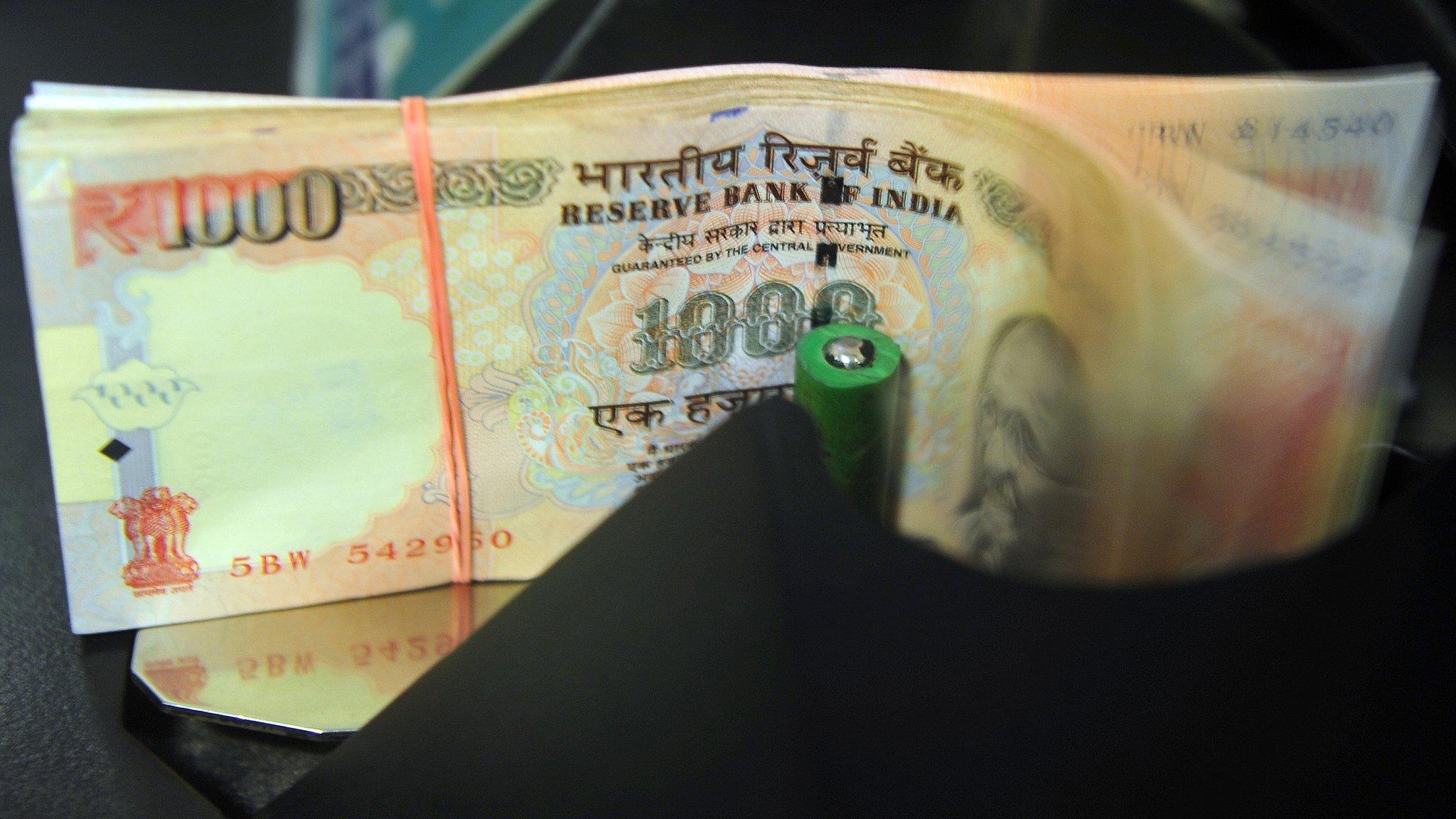HSBC bank 'helped clients dodge millions in tax'
- Published
- comments
The BBC's Nick Robinson: ''This tax bombshell has been ticking since 2007''
Banking giant HSBC helped wealthy clients across the world evade hundreds of millions of pounds worth of tax, the BBC has learned.
Panorama has seen accounts from 106,000 clients in 203 countries, leaked by whistleblower Herve Falciani in 2007.
The documents include details of almost 7,000 clients based in the UK.
HSBC admitted that it was, external "accountable for past control failures." But it said it has now "fundamentally changed".
"We acknowledge that the compliance culture and standards of due diligence in HSBC's Swiss private bank, as well as the industry in general, were significantly lower than they are today," it added.
The bank now faces criminal investigations in the US, France, Belgium and Argentina, but not in the UK, where HSBC is based.
HSBC said it is "co-operating with relevant authorities".
Treasury minister David Gauke defended the government's actions on tax avoidance in the House of Commons after Labour MP for Birmingham Ladywood Shabana Mahmood tabled an urgent question.
He insisted that the Treasury approach has been "very successful", saying it has sought prosecution for "serial tax evaders" and raised extra tax revenue.
Offshore accounts are not illegal, but many people use them to hide cash from the tax authorities. And while tax avoidance is perfectly legal, deliberately hiding money to evade tax is not.
The French authorities concluded in 2013 that 99.8% of their citizens on the list were probably evading tax.
Joint investigation
The thousands of pages of data were obtained by the French newspaper Le Monde. In a joint investigation, the documents have now been passed to the International Consortium of Investigative Journalists,, external the Guardian, external newspaper, Panorama and more than 50 media outlets around the world.
HM Revenue and Customs (HMRC) was given the leaked data in 2010 and has identified 1,100 people from the list of 7,000 British clients who had not paid their taxes. But almost five years later, only one tax evader has been prosecuted.
HMRC said £135m in tax, interest and penalties have now been paid by those who hid their assets in Switzerland.
But the chairwoman of the Public Accounts Committee, Margaret Hodge MP, said: "I just don't think the tax authorities have been strong enough, assertive enough, brave enough, tough enough in securing for the British taxpayer the monies that are due."
HSBC did not just turn a blind eye to tax evaders - in some cases it broke the law by actively helping its clients.
BBC Panorama to Lord Green: "The tax payer was missing out because of things you were allowing to happen"
The bank gave one wealthy family a foreign credit card so they could withdraw their undeclared cash at cashpoints overseas.
HSBC also helped its tax-dodging clients stay ahead of the law.
When the European Savings Directive was introduced in 2005, the idea was that Swiss banks would take any tax owed from undeclared accounts and pass it to the taxman.
It was a tax designed to catch tax evaders. But instead of simply collecting the money, HSBC wrote to customers and offered them ways to get round the new tax.
HSBC denies that all these account holders were evading tax.
'Dodge liabilities'
Richard Brooks, a former tax inspector and author of The Great Tax Robbery, said: "I think they were a tax avoidance and tax evasion service. I think that's what they were offering. They knew full well that people come to them to dodge their tax liabilities."
The man in charge of HSBC at the time, Stephen Green, was made a Conservative peer and appointed to the government.
Lord Green was made a minister eight months after HMRC had been given the leaked documents from his bank. He served as a minister of trade and investment until 2013.
He told Panorama: "As a matter of principle I will not comment on the business of HSBC past or present."
HSBC's Swiss accounts in numbers
106,000
clients with Swiss bank accounts
203
countries involved
-
$118bn total assets held in Swiss accounts
-
11,235 clients from Switzerland held $31.2bn
-
9,187 clients from France held $12.5bn
-
7,000 clients from UK held $21.7bn
Treasury minister David Gauke defended Lord Green's appointment on BBC's Radio 4. "I am not aware of any evidence that suggests that Lord Green was involved in this sort of activity", but said he did not know whether anyone asked him about HSBC prior to his government appointment.
But Ms Hodge said: "Either he didn't know and he was asleep at the wheel, or he did know and he was therefore involved in dodgy tax practices.
"Either way he was the man in charge and I think he has got really important questions to answer."
Verbal messages
Meanwhile, HSBC said it has completely overhauled its private banking business and has reduced the number of Swiss accounts by almost 70% since 2007.
In a statement, external, the bank said: "HSBC has implemented numerous initiatives designed to prevent its banking services being used to evade taxes or launder money."
The bank said it now puts compliance and tax transparency ahead of profitability.
Treasury minister David Gauke defended the government's actions on tax avoidance, saying its record proved it ''was willing to address this problem''
But Panorama has spoken to a whistleblower who said there were still problems with tax dodging at HSBC private bank when she worked there in 2013.
Sue Shelley was the private bank's head of compliance in Luxembourg. She said HSBC did not keep its promise to change. "I think the verbal messages were great but they weren't put into practice and that disturbed me greatly," she said.
It was her job to make sure HSBC followed the rules, but she said she was sacked after raising concerns. She has since won a tribunal hearing for unfair dismissal.
Watch Panorama: The Bank of Tax Cheats on February 9 at 20.30 GMT on BBC1.
- Published9 February 2015
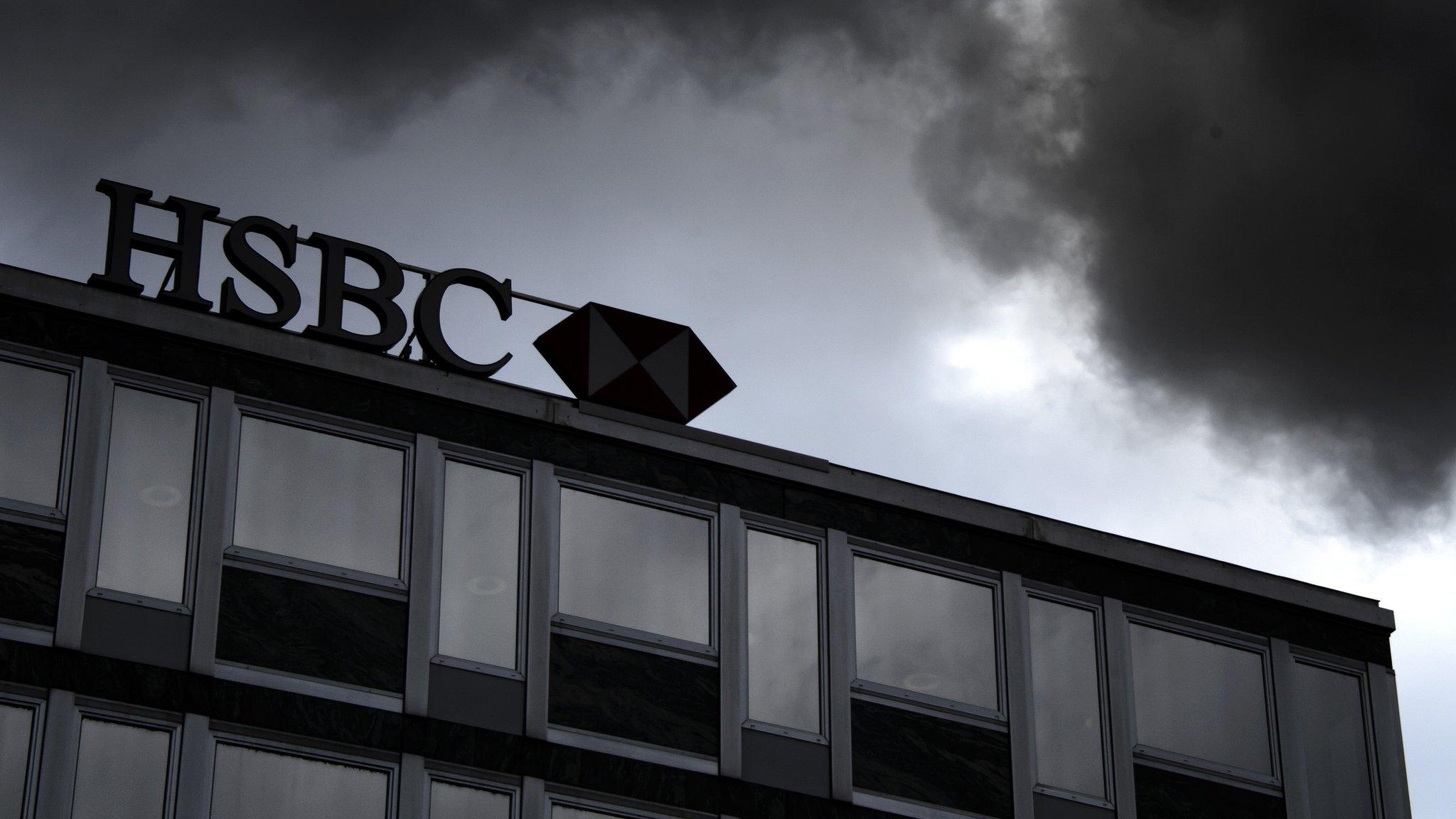
- Published9 February 2015
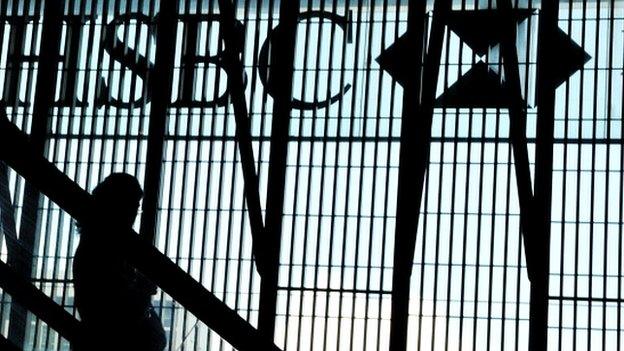
- Published9 February 2015
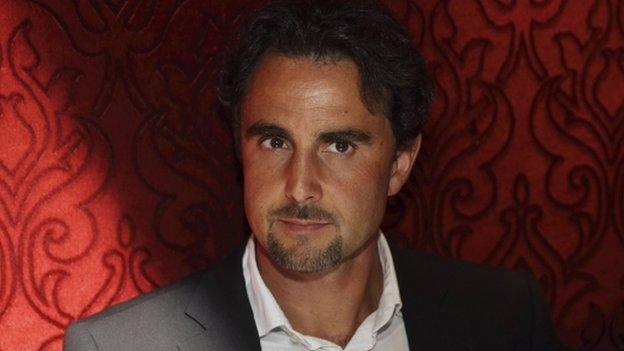
- Published9 February 2015
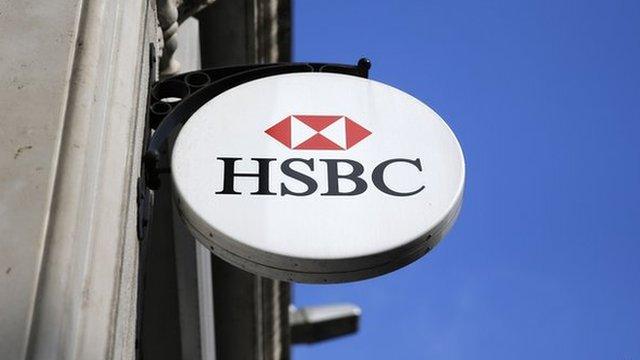
- Published9 February 2015
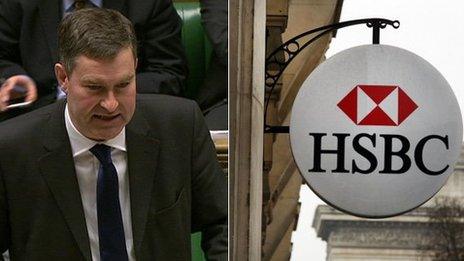
- Published9 February 2015

- Published9 February 2015
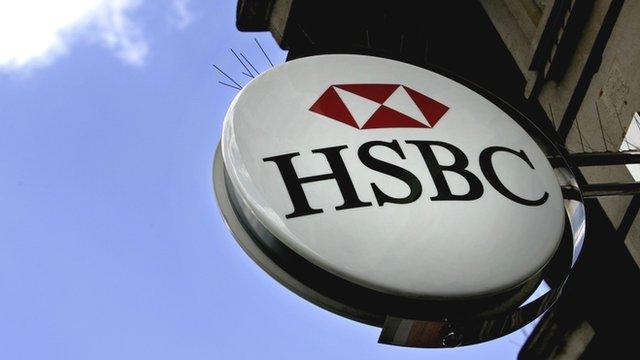
- Published9 February 2015
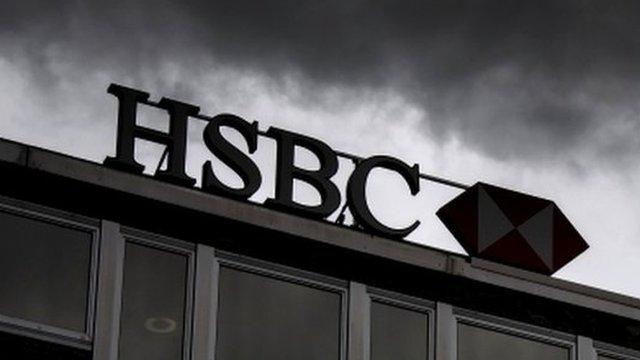
- Published9 February 2015
